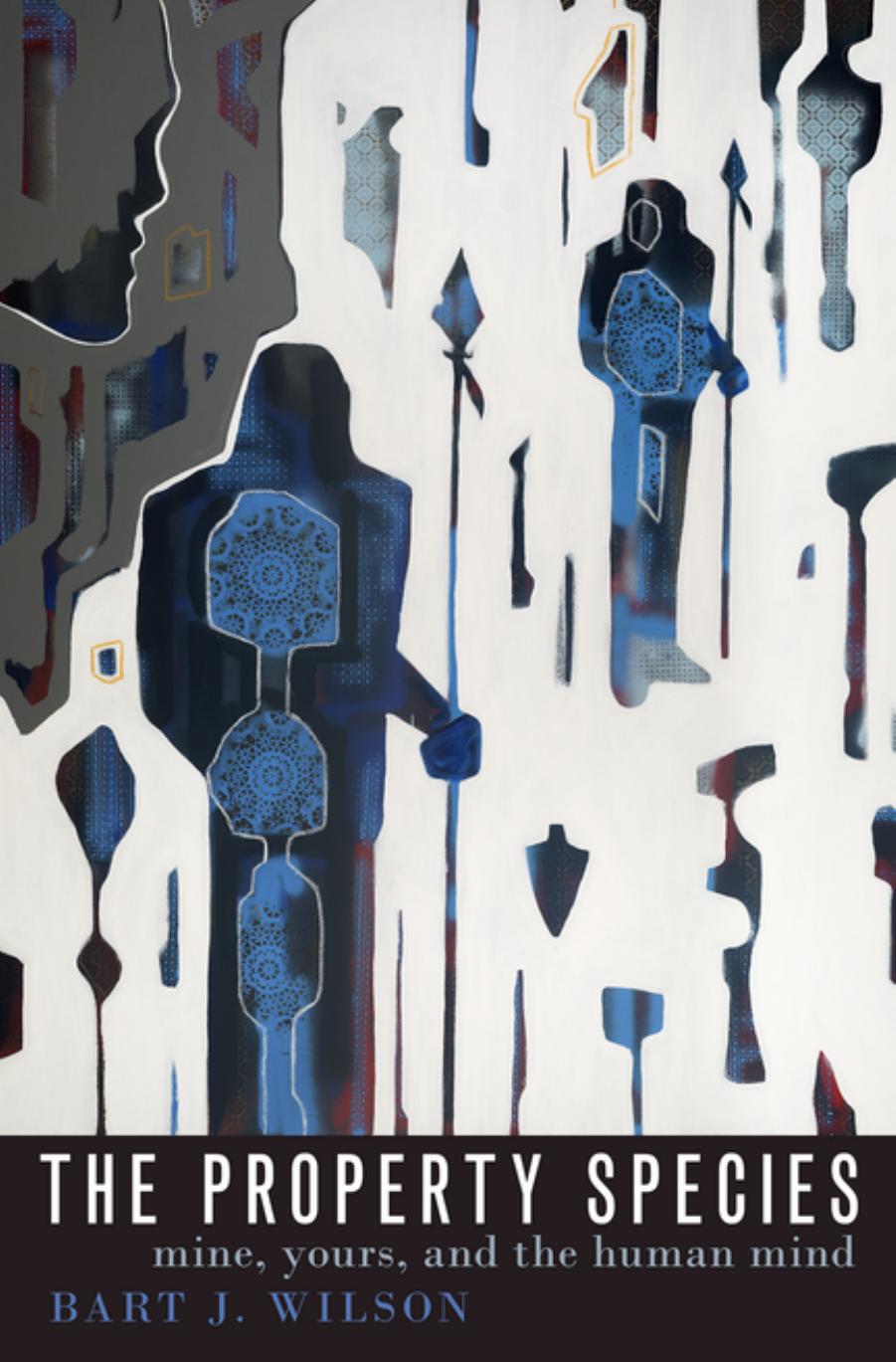The Property Species by Bart J. Wilson

Author:Bart J. Wilson
Language: eng
Format: epub, pdf
Publisher: Oxford University Press
Published: 2020-01-15T00:00:00+00:00
Part II
Claim and Title: Effects
6
My Claims Tie Together Modern Philosophies of Property Law
The Language of âPossessionâ and âRightsâ Muddies the Meaning of Property
Called the foremost teacher of law in the late nineteenth and early twentieth centuries, the Harvard Law School Dean James Barr Ames submits that âonly he in whom the power to enjoy and the unqualified right to enjoy concur can be called an owner in the full and strict sense of the term. . . . A true property may, therefore, be shortly defined as possession coupled with the unlimited right of possession.â1 Legally founding property on possession is not just Anglo-Roman fashion and an Anglo-Roman fetish but also useful, for, as the weighty legal authorities Sir Frederick Pollock and F. W. Maitland attest, âto prove ownership is difficult, to prove possession comparatively easy. . . . Possession then is an outwork of property.â2 The metaphor is apt. Outside the principal fortification of ownership, possession is a minor fortification for maintaining the enjoyment of the thing.
But defining âtrue propertyâ as the conjunction of possession and the right of possession does more than fortify ownership. It appears to change the ordinary meaning of the term. Ames continues, âIf these two elements are vested in different persons there is a divided ownership.â3 It changes the meaning of the word ownership to say that my dispossessor has an element of ownership in my spear. Nay, the dispossessor has physical control. It is I and my spear that have been divided. And upon the division I am vested with something more than a right of possession. No matter where the spear goes, the property contained therein goes with it, and no matter where the property contained therein goes, my claim still stands: âThat spear is mine.â What is separated are possession and ownership, physical control of a thing and property in a thing.
Amesâs definition appears at first blush to confuse the issue until we distinguish a first-person from third-person point of view of the events. When I think about what has happened, I cognize the situation as: I can say about that spear: âIt is mineâ; people can know that what I say is true; and other people cannot say, âIt is mineâ about that spear. When I say, âThat spear is mine,â it is predicated on some good reasons that I can say that spear is mine. Based on those good reasons, I think I can cause people to have to say that it is right that that spear is mine. And so I say out loud for everyone to hear, âThat spear is mine,â because I want to cause other people by a speech act to think that it is right that that spear is mine.
Well, thatâs what Iâm claiming anyways. Does it matter if I had previously taken the spear from the person now in physical control of it? Or if I had previously taken the spear from someone else who has now disappeared? Or ifâand this is not
Download
This site does not store any files on its server. We only index and link to content provided by other sites. Please contact the content providers to delete copyright contents if any and email us, we'll remove relevant links or contents immediately.
The Social Psychology of Inequality by Unknown(2313)
The Plant Paradox by Dr. Steven R. Gundry M.D(2047)
The Writing on the Wall by Anselm Jappe(1761)
Working for Yourself by J.D. (Nolo) Stephen Fishman(1480)
Every Landlord's Legal Guide by Janet Portman & Stewart Marcia & Ralph Warner(1329)
The First 20 Hours: How to Learn Anything ... Fast by Kaufman Josh(1309)
ADHD on Trial by Michael Gordon(1242)
Decisive by Chip Heath(1202)
Drafting Contracts: How and Why Lawyers Do What They Do, Second Edition by Stark Tina L(1175)
Working for Yourself by Stephen Fishman J.D. (Nolo)(1141)
The Economist Aug 8th 2015 by The Economist(1124)
Restitution by Restitution(1116)
The Economist Aug 29th 2015 by The Economist(1099)
A Practical Guide to International Arbitration in London by Hilary Heilbron(1085)
The Lord of the Rings: The Fellowship of the Ring, the Two Towers, the Return of the King by J. R. R. Tolkien(1084)
Intellectual Property Strategy by John Palfrey(1083)
Collusion by Luke Harding(1046)
Persuasion by Owner(1018)
Chapter 1 by Owner(952)
